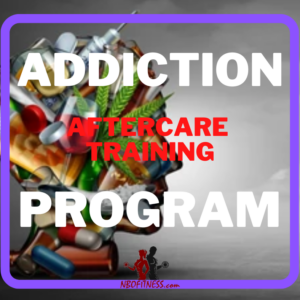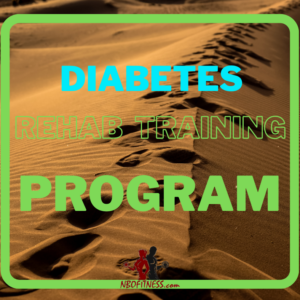
Appendectomy is typically performed to prevent the rupture of an inflamed appendix, which can lead to serious complications such as peritonitis. Despite its minimally invasive nature, appendectomy still involves the surgical manipulation of abdominal tissues, which can result in pain, muscle weakness, and reduced mobility post-operatively. Additionally, general anesthesia and immobility during recovery can contribute to muscle atrophy and stiffness.
Reviewed by Evans Mwaniki, PT
Introduction
Appendectomy, the surgical removal of the appendix, is a common procedure performed to treat appendicitis, an inflammation of the appendix. While the surgery is relatively straightforward, the journey to full recovery involves more than just the operation itself. Post-operative care, including exercise therapy and physiotherapy rehabilitation, is essential in restoring functionality and promoting a swift return to daily activities. In this blog post, we explore the importance of physio therapeutic exercises in the rehabilitation process following appendectomy.
Understanding Appendectomy and its Aftermath
Appendectomy is typically performed to prevent the rupture of an inflamed appendix, which can lead to serious complications such as peritonitis. Despite its minimally invasive nature, appendectomy still involves the surgical manipulation of abdominal tissues, which can result in pain, muscle weakness, and reduced mobility post-operatively. Additionally, general anesthesia and immobility during recovery can contribute to muscle atrophy and stiffness.
The Role of Physio Exercise Therapy Rehabilitation
Pain Management
Pain is a common concern after appendectomy, particularly at the surgical site and surrounding muscles. Physio Therapeutic Exercise techniques, such as gentle stretching, manual therapy, and modalities like heat and cold therapy, can help alleviate pain and discomfort. By targeting tense muscles and promoting relaxation, these interventions facilitate a smoother recovery process.
Restoring Mobility and Flexibility
Prolonged immobility following surgery can lead to stiffness and decreased range of motion in the abdominal region and adjacent muscles. Physiotherapy rehabilitation focuses on restoring mobility and flexibility through targeted exercises and stretching routines. Gradual progression from gentle movements to more challenging exercises helps prevent scar tissue formation and promotes tissue remodeling, allowing patients to regain full range of motion over time.
Strengthening Core Muscles
The core muscles, including the abdominal muscles, play a crucial role in stabilizing the trunk and supporting posture and movement. Following appendectomy, these muscles may become weakened due to surgical trauma and reduced activity. Physiotherapy rehabilitation incorporates specific exercises targeting the core muscles to rebuild strength and stability. Improving overall functional capacity and reduce the risk of complications such as hernias.
Gradual Return to Physical Activity
While rest is important in the immediate post-operative period, it’s equally essential to gradually reintroduce physical activity as tolerated. Physiotherapy rehabilitation programs are tailored to each individual’s needs, gradually progressing from gentle exercises to more challenging activities. This gradual approach helps prevent overexertion and minimizes the risk of complications, allowing patients to safely return to their usual activities over time.
Patient Education and Empowerment
Beyond the physical aspects of rehabilitation, exercise therapy and physiotherapy also focus on patient education and empowerment. Physiotherapists provide guidance on proper body mechanics, lifting techniques, and lifestyle modifications to prevent future injuries and optimize long-term recovery. By empowering patients to take an active role in their rehabilitation, physiotherapy promotes confidence, independence, and resilience.
Conclusion
In the aftermath of appendectomy, physio therapeutic exercise rehabilitation play a vital role in promoting recovery and restoring functionality. From managing pain and restoring mobility to strengthening core muscles and facilitating a gradual return to physical activity, these interventions form the cornerstone of post-operative care.
By working closely with our skilled physiotherapists and adhering to a personalized rehabilitation program, patients can expedite their recovery, minimize complications, and regain their quality of life post-appendectomy.
Nairobi Fitness Consulting will help develop a deeper understanding on what is going on in your body after your laparoscopic apendectomy to help inform you and your family, authoritatively on a therapeutic exercise prescription for health improvement and also help initiating a health program or making enhancements to your existing program.
Are ready to take the first step towards a healthier and happier you? Email us at [email protected] or call us via +254-725-251930 if you have questions or comments.
Should you feel the need for more help with this, feel free to BOOK AN APPOINTMENT with us at Nairobi Fitness Consulting for curated and guided prescription and start living your best life.










